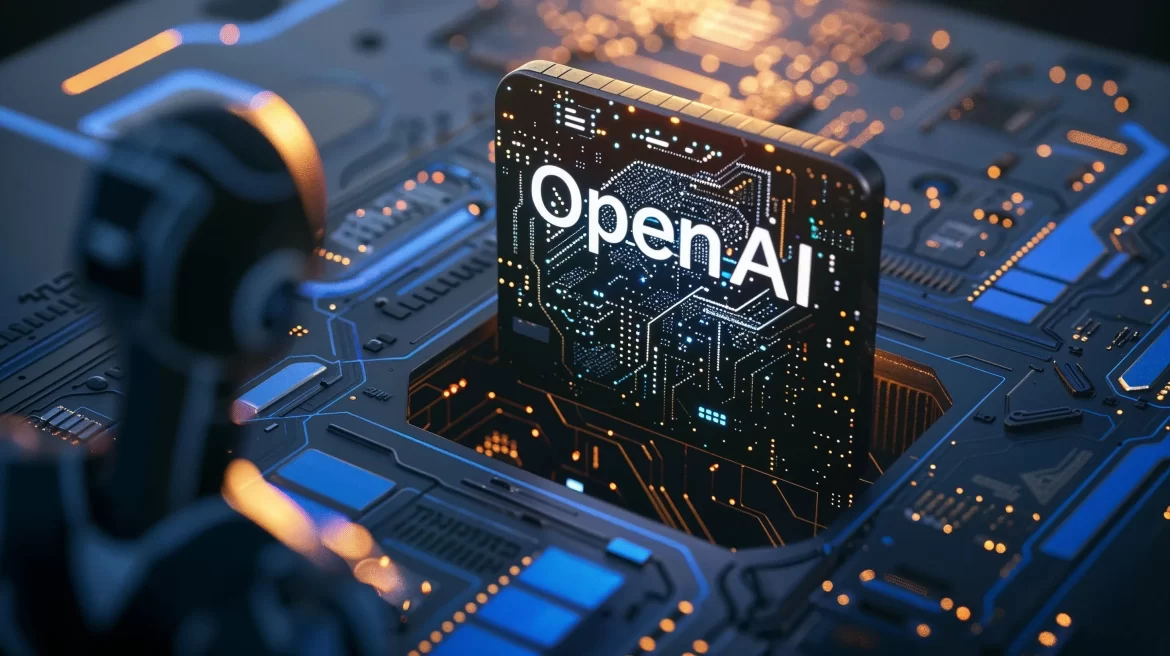Modern technology, especially Artificial Intelligence (AI), has transformed many aspects of human life. Tools like ChatGPT have not only made access to information easier but have also reshaped the way people write, think, and communicate. However, this transformation goes beyond mere convenience—it is now influencing language, behavior, and modes of expression on a deeper level.
According to new research by experts at the Max Planck Institute for Human Development in Germany, people are increasingly adopting the tone and vocabulary of ChatGPT. So much so that it’s becoming difficult to tell whether you’re interacting with a human or an AI chatbot.
The study reveals that millions of users worldwide—especially over the past 18 months—have unconsciously begun mimicking ChatGPT’s specific language style. These include words and phrases that were rarely used in everyday conversations or writing before the rise of AI tools.
Researchers ran extensive analysis on millions of polished emails, essays, and academic texts that had been edited or written with the help of ChatGPT. They then identified the key vocabulary and phrasing associated with the “GPT style.” This unique AI-influenced language was then tracked across 360,000 YouTube videos and 771,000 podcast episodes to assess how deeply it had embedded itself in human speech.
The findings were startling: Since the launch of ChatGPT, the use of certain stylistic phrases in English has surged significantly. This is a clear indicator that the tone and manner of AI-generated language are now seeping into the human linguistic landscape.
The researchers explain that imitation is a natural human tendency—we tend to mirror those we consider authoritative or credible. Given that AI is now widely viewed as a powerful source of knowledge and skill, people are increasingly adopting its language patterns.
However, the experts also warn that this trend could have long-term implications for human culture and linguistic identity. While AI communication may be clear, refined, and polite, it may also limit emotional depth, individuality, and creative expression.
It’s important to remember: ChatGPT is just a tool, but through it, we are giving birth to a new face of language—one that can be both elegant and artificial. The future of that language lies in human hands.















